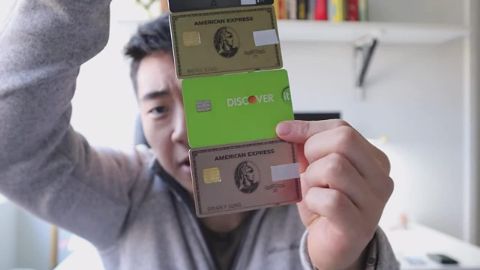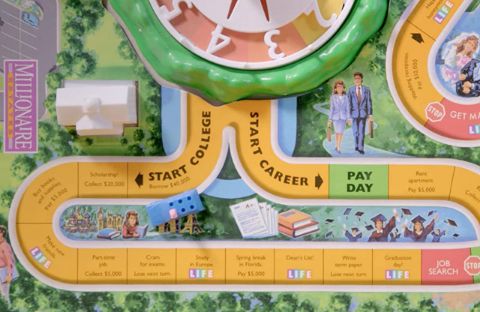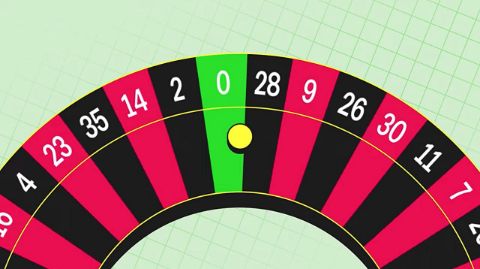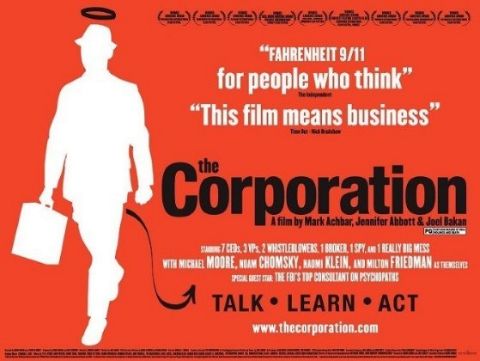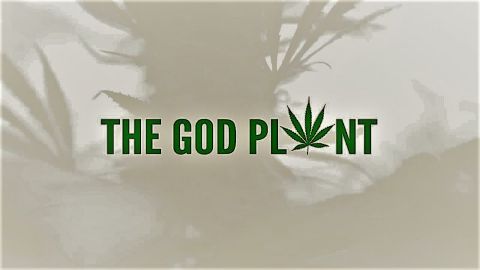The Corporation
One hundred and fifty years ago, the corporation was a relatively insignificant entity. Today, it is a vivid, dramatic and pervasive presence in all our lives. Like the Church, the Monarchy and the Communist Party in other times and places, the corporation is today's dominant institution. But history humbles dominant institutions. All have been crushed, belittled or absorbed into some new order. The corporation is unlikely to be the first institution to defy history. Based on Joel Bakan's book, "The Corporation: The Pathological Pursuit of Profit and Power," this documentary is a timely, critical inquiry that examines the very nature of the corporation--its inner workings, curious history, controversial impacts and possible futures. We begin by learning that under the law, corporations have all the rights and yet few of the responsibilities of people. By viewing the behavior of the corporation through the prism of Diagnostic and Statistical Manual (or DSM III, the gold standard of psychiatric evaluation) the filmmakers discover that if the corporation were indeed a person, the person would be considered a psychopath. Featuring candid interviews with CEOs, whistle-blowers, brokers, gurus, spies, players, pawns and pundits, the chronicle charts the spectacular rise of an institution aimed at achieving specific economic goals as it also recounts victories against this seemingly invincible force. Once you see it, you may find yourself thinking twice about what you eat, what you wear, what you watch and what you read.
2003 •
Economics

